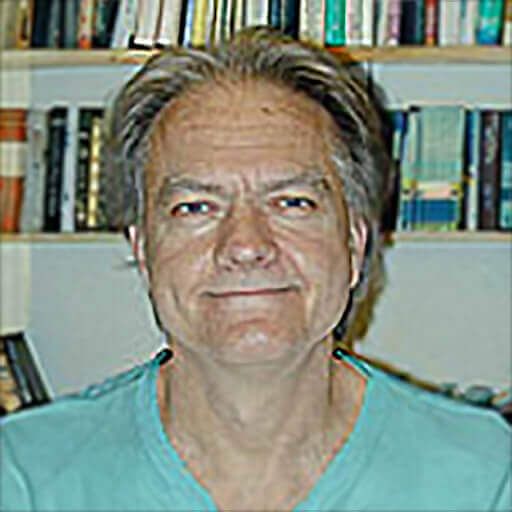RPE Cell Volume Regulation by Bestrophins
About the Research Project
Program
Award Type
Standard
Award Amount
$100,000
Active Dates
April 01, 2005 - March 31, 2008
Grant ID
M2005078
Summary
There are a number of inherited forms of macular degeneration that may provide insight into age-related macular degeneration. One inherited form of macular degeneration is caused by a gene (bestrophin) that makes a protein that is a chloride ion channel. Chloride ion channels are conduits for the movement of chloride ions between the inside and outside of the cell. Although it is not understood how the dysfunction of a chloride ion channel can cause macular degeneration, Dr. Hartzell plans to use genetic models to explore the role that chloride channels play in the function of the retina. Dr. Hartzell believes that the function of these channels may be to regulate the volume of the cell. This is important because a lack of volume regulation causes cells to burst.
Grants
Related Grants
Macular Degeneration Research
Retinal Stem Cells for Transplantation in Macular Degeneration
Active Dates
April 01, 2008 - March 31, 2010

Principal Investigator
Derek Van Der Kooy, PhD
Retinal Stem Cells for Transplantation in Macular Degeneration
Active Dates
April 01, 2008 - March 31, 2010

Principal Investigator
Derek Van Der Kooy, PhD
Macular Degeneration Research
The Gene Structure of ARMS2/LOC387715 and Its Expression in Human Eyes
Active Dates
April 01, 2008 - April 30, 2009

Principal Investigator
Dequan Chen, PhD
The Gene Structure of ARMS2/LOC387715 and Its Expression in Human Eyes
Active Dates
April 01, 2008 - April 30, 2009

Principal Investigator
Dequan Chen, PhD
Macular Degeneration Research
Novel Molecular Regulators of Choroidal Neovascularization in Age-Related Macular Degeneration
Active Dates
April 01, 2008 - June 29, 2010

Principal Investigator
Justine Smith, MD, PhD
Novel Molecular Regulators of Choroidal Neovascularization in Age-Related Macular Degeneration
Active Dates
April 01, 2008 - June 29, 2010

Principal Investigator
Justine Smith, MD, PhD



